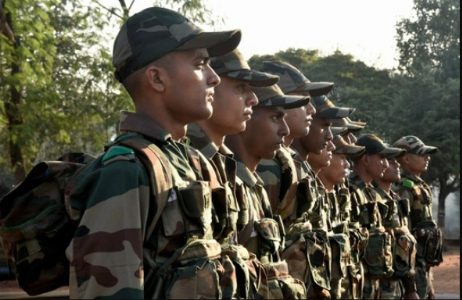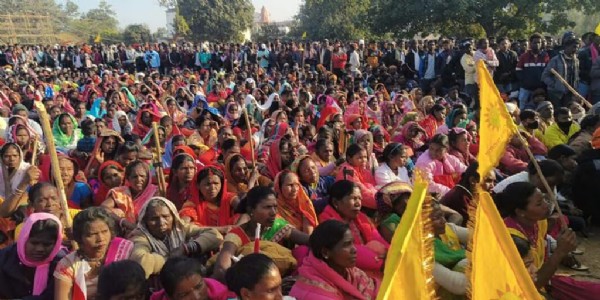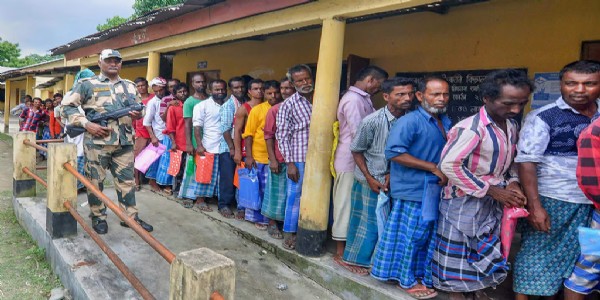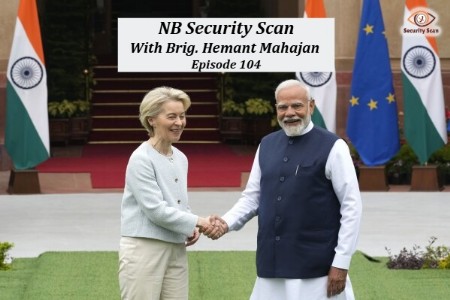IAF needs more fighter squadrons and AWACS: Air Chief Marshal VR Chaudhari
“There are certain critical deficiencies like shortage of fighter squadrons and force multipliers which must be addressed on priority to retain our combat edge,” Chaudhari said while delivering the inaugural address at the 19th Subroto Mukerjee Seminar in New Delhi.
Total Views | 153
New Delhi, Dec 23: Indian Air Force (IAF) chief Air Chief Marshal VR Chaudhari on Thursday said critical deficiencies in the air force needed to be swiftly addressed to retain combat edge, his comments coming at a time when IAF is grappling with a shortage of fighter squadrons and looking at inducting force multipliers such as mid-air refuellers and airborne warning and control systems (AWACS).
“There are certain critical deficiencies like shortage of fighter squadrons and force multipliers which must be addressed on priority to retain our combat edge,” Chaudhari said while delivering the inaugural address at the 19th Subroto Mukerjee Seminar in New Delhi.
The air force currently operates around 30 combat squadrons against an optimum 42. More refuellers and AWACS are also needed to bolster the air force’s potential. “From an airpower perspective, IAF will be expected to contribute across the full spectrum of conflict. Airpower has the capability to deter, defend, and if required, punish the adversary in a conflict,” the IAF chief said. He said IAF needed to evolve into an aerospace power by developing the capability to fight and win future wars. India’s neighborhood continues to remain volatile and uncertain, Chaudhari said. “Amidst this volatility, we must enhance our collective strength by partnering with nations that share common beliefs and values. We must use our image as a stable country with considerable economic heft to forge mutually beneficial relationships and strategic partnerships.” Chaudhari touched upon the great power politics in the Indo-Pacific region, where an established superpower (US) is increasingly being challenged by an established regional power with global ambitions (China). “The outcome of this great power competition will have repercussions for all major players in the region. In the existing world order, where national interests and realpolitik dictate the actions of state players, there would always be an overlap between competition and cooperation,” he said.
Also Read: French defence firm CEO meets CDS Gen Anil Chauhan, discuss opportunities under 'Atmanirbhar Bharat'
“When we look at India, there are many things that are going our way. Our economic progress, military might, political stability and diplomatic deftness have put us in the center stage and announced to the world that India has arrived,” he said. He also highlighted the importance of self-reliance. “We need to focus more on research and development with an aim to manufacture on our own rather than relying on minor indigenization of foreign products.”







